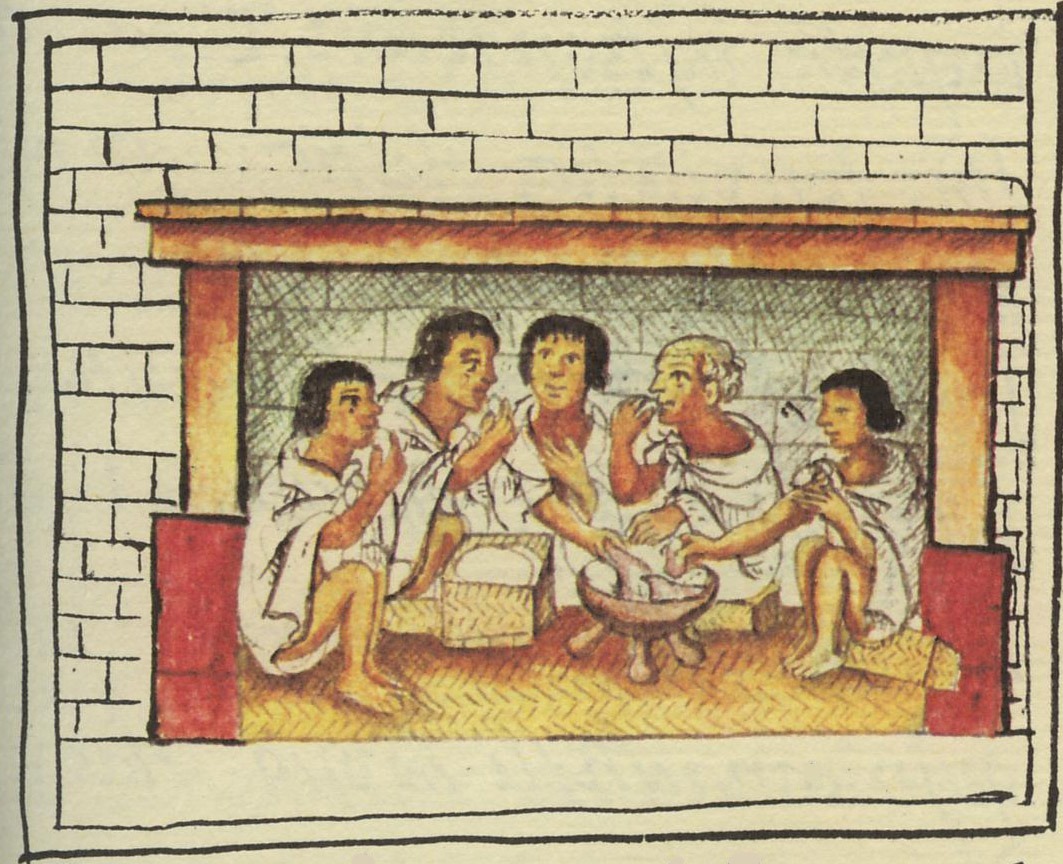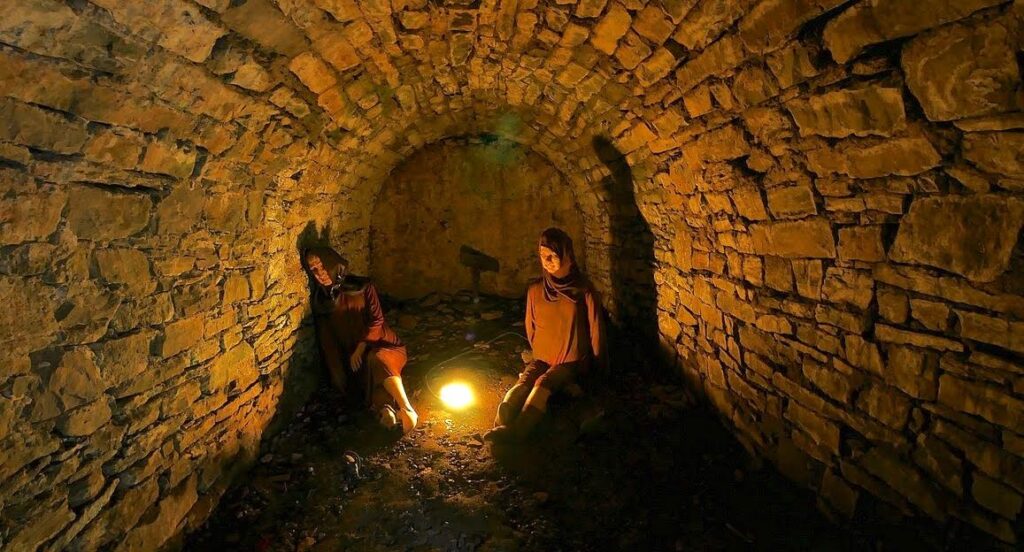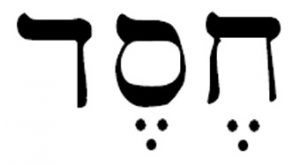by Lois Tverberg
“We are God’s workmanship, created in Christ Jesus to do good works, which God prepared in advance for us to do.” Ephesians 2:10
Jesus probably knew a beautiful saying that was attributed to a scholar who lived hundreds of years before him, and was written down in the Mishnah in about 200 AD (1):
For three things the world is sustained: For the study of scriptures (torah), for worshipping and serving God (avodah), and for deeds of loving kindness (gemilut hesed).
What this means is that for three great reasons God created humanity and allows the world even to keep existing: for us to discover God’s great love through his Word; to worship him and want to serve him because of it, and then to show God’s love to those around us.
This idea of showing God’s love to those around us was a beautiful concept called gemilut hesed (gem-i-LOOT HES-ed), “acts of loving kindness”. This was different than charity (tzedakah), giving money to the poor. Jesus and many other rabbis emphasized the great need to give to the poor, but as good as it was, gemilut hesed was considered even better.
 After all, only the needy benefit from charity, but we can show kindness to anyone, rich or poor. And, it is easy to hand a $10 bill to somone for a meal, but to invite him into your home for a meal shows God’s love, and causes you to grow in love as well. Because of this, some Jews make a point to use some of their “giving dollars” to do gemilut hesed with their own hands. (2) For instance, instead of just giving money to charity, one woman invested her money in a library of books and then regularly found ways of loaning or even giving them to others. Certainly a Christian could do even more by buying and sharing good devotional books or Bible studies with others.
After all, only the needy benefit from charity, but we can show kindness to anyone, rich or poor. And, it is easy to hand a $10 bill to somone for a meal, but to invite him into your home for a meal shows God’s love, and causes you to grow in love as well. Because of this, some Jews make a point to use some of their “giving dollars” to do gemilut hesed with their own hands. (2) For instance, instead of just giving money to charity, one woman invested her money in a library of books and then regularly found ways of loaning or even giving them to others. Certainly a Christian could do even more by buying and sharing good devotional books or Bible studies with others.
Considering as much money as we spend on entertainment from movies, cable TV, etc, wouldn’t a wonderful Christian alternative would be to “entertain” ourselves with gemilut hesed? To make a “hobby” out of a particular form of kindness to others? One Christian couple I know invested in a truck to use during snowstorms, to go up and down their country road pulling people out who had slid off the road. Another friend makes a habit of stopping to help or offer a cell phone to anyone stranded with road trouble. Yet another woman, who teaches classes on job hunting, enjoys helping friends find jobs if they need one or want one that suits them better.
What about even making a practice of being kind to waitresses and tipping them generously? Or inviting single or elderly people home for Sunday dinner after church? And, of course, to share your faith in Christ? All these kind acts will have the effect of showing God’s love to others in small and great ways. But they will have an even bigger impact on ourselves and our families, as we see God’s love transform our hearts too.
This article is based on an excerpt of a longer directors’ article, “Acts of Loving Kindness at Christmas,” from December 2004.
(1) Verse 1:2 of Pirke Avot, (Sayings of the Fathers), a collection of rabbinic sayings written about 200 AD in the Mishnah. Many of these saying were attributed to rabbis who lived in Jesus’ time and even before, and many relate to things Jesus said as well. This saying is attributed to Simon the Righteous, who was said to live at the time of Ezra.
(2) For many wonderful stories of the practice of Gemilut Hesed, see the outstanding book, The Book of Jewish Values, by Joseph Telushkin, (c) 2000, Bell Tower, New York, ISBN 0609603302.
Photo: Peter Isotalo

 In the next weeks En-Gedi’s Water from the Rock series will focus on Exodus, specifically God’s redemption of the Israelites from Egypt. Christians generally don’t see this story as especially significant. But for thousands of years, Jewish readers have considered it a defining point their history, when God reached down into world events in an unprecedented way. The story of redemption is also central to the rest of the Scriptures, as the foundation of God’s relationship with the people of Israel. We can see the story’s critical importance just by noticing the many references that are made to it throughout the Bible. Here are just a few:
In the next weeks En-Gedi’s Water from the Rock series will focus on Exodus, specifically God’s redemption of the Israelites from Egypt. Christians generally don’t see this story as especially significant. But for thousands of years, Jewish readers have considered it a defining point their history, when God reached down into world events in an unprecedented way. The story of redemption is also central to the rest of the Scriptures, as the foundation of God’s relationship with the people of Israel. We can see the story’s critical importance just by noticing the many references that are made to it throughout the Bible. Here are just a few:




